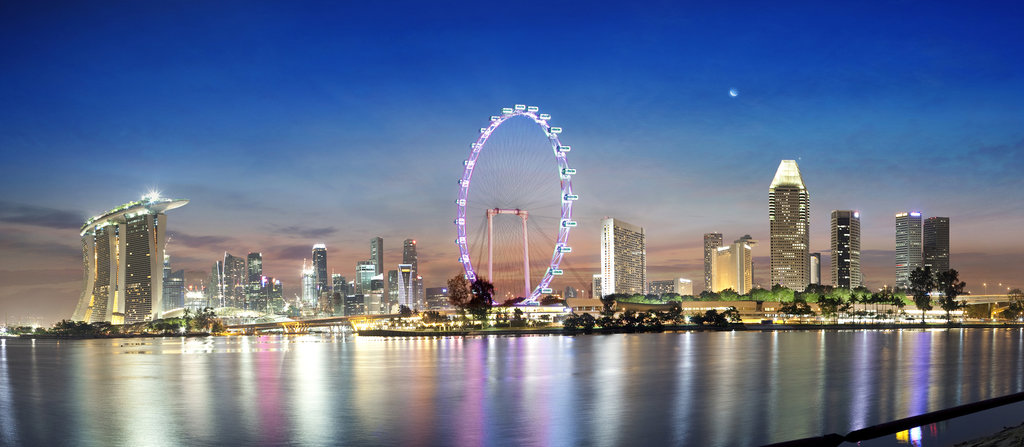Singapore envisages to becoming a “Global Schoolhouse” offering a diverse and distinctive mix of educational services in a safe, cosmopolitan and comfortable environment. Singapore is the premier education hub in Asia. Driven by excellence, Singapore education offers a broad base curriculum and global perspective to equip students with the relevant qualification and training that serves as a springboard to a brighter future. The island's strong reputation for quality education has drawn the world's top institutions to set up campuses in Singapore. Unique is the word that best captures Singapore, a dynamic city rich in contrast and colour where you'll find a harmonious blend of culture, cuisine, arts and architecture. A bridge between the East and the West for centuries, Singapore is located in the heart of fascinating Southeast Asia, continues to embrace tradition and modernity today.
Hub of Education Excellence
Singapore is a premier education hub which offers students an international perspective and diversity of options. In an environment that is inspiring and conducive to education, Singapore provides high quality of teaching and research. From an internationally recognized public school system, to world class universities, Singapore ensures a comprehensive education environment. More than 16 leading foreign universities have also set up centers of excellence in education and research in Singapore. Quality private education organizations add further diversity to the nation's education landscape.
Affordable Quality Education
Tuition fees are affordable and the cost of living in Singapore is still significantly lower than of many developed countries. With Singapore's tradition of meritocracy talented students who need financial assistance can find the help they need in form of scholarships, bursaries and study loans.
Infrastructure and Accessibility Singapore is well connected via sea, air and telecommunications to all parts of the world. It is fairly close to India encouraging students to visit home during every academic break.
Global Business Hub Singapore is consistently acknowledged to be a global business hub with its developed infrastructure, political stability and open business policy. More than 7000 Multinational Corporations (MNC) alongside 1,00,000 small and medium enterprises (SME) have set up their base in Singapore, with many choosing Singapore as their regional hub and launch pad to dynamic markets of Asia. Singapore offers limitless career and networking possibilities to global citizens keen to apply their talents to the opportunities that can be found there.
Vibrant and Cosmopolitan Lifestyle
Singapore may seem like a small dot on the world map, but the island state bustles all over with attractions and activities. The nation's rich multicultural heritage is highlighted through the various ethnic groups (Chinese, Malays, Indians, Eurasians) living together harmoniously. Singapore's high standard of living is also something that students can be assured of. In a survey reported in The Economist in March 2002, Singapore's quality of life surpassed that of London or New York.
Quality Singapore Education is a multi-government agency initiative launched by the Singapore Government in 2003 to establish and promote Singapore as a premier education hub and help international students make an informed decision on studying in Singapore. This initiative is led by the Singapore Economic Development Board and supported by the Singapore Tourism Board, SPRING Singapore, International Enterprise Singapore and the Ministry of Education.
